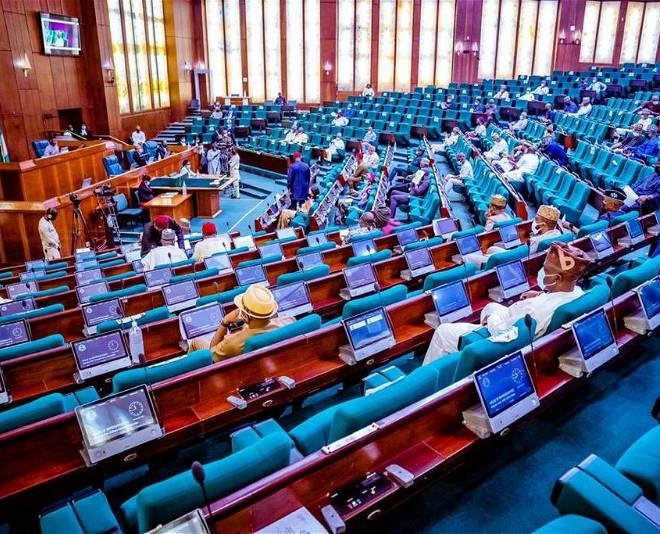EXCLUSIVE: Why Tinubu, staggered, tripped in Ankara
January 28, 2026PAG Calls for Active Voter Participation Ahead of 2027 Elections
January 25, 2026Lawmakers Propose Jail Sentences For Employers In Arrears Of Salary Payments
Lawmakers Propose Jail Sentences For Employers In Arrears Of Salary Payments

The House of Representatives is presenting a legislation aimed at criminalizing the non-payment or failure to pay salaries by employers of labor and corporate entities nationwide.
Under the proposed law, employees will have the right to demand payment from their employers by submitting a written claim. The bill, titled “The Employees Remuneration Protection Bill, 2023,” sponsored by Wale Hammed, a representative of the Agege Federal Constituency in Lagos State, has successfully passed its initial reading.

Section 7(1) of the bill explicitly declares it unlawful for any employer to “Refuse or neglect to pay the remuneration of his employees, as provided under this Act.”
Section 8(1) outlines that if an employee’s compensation remains unpaid beyond the specified period permitted by the legislation, the employee has the right to submit a written demand to their employer for the payment of their entitlement. If the employer fails to remit payment within five business days after receiving a demand under Section 9, the employee can seek redress by petitioning the court through a filed motion on notice.
The bill stipulates that employers found guilty of failing to pay their workers’ salaries could face imprisonment ranging from three to six months, without the possibility of a fine.
In a similar vein, a corporate entity failing to comply with a court order concerning employee remuneration may face a daily fine of N10,000 or be subject to closure for a period not exceeding three months, provided that the default extends beyond two months.
The proposed legislation also imposes a N10,000 penalty on any officer or agent of an organization, government parastatal, agency, body, or institution who deliberately or knowingly authorizes or permits default or noncompliance with the directive until compliance is achieved.
Under this bill, employers are mandated to provide written terms of employment to returning employees within 14 working days if the terms of employment exceed one month. The employment contract, binding on both parties, must comprehensively outline terms and conditions, remuneration, payment methods, employment character, and termination procedures.
Section 27 ensures that an employee’s petition to the court for remuneration payment will not serve as grounds for disciplinary action, inquiry, suspension, or termination by the employer. Meanwhile, Section 28 prioritizes the payment of all outstanding remuneration to employees in the event of an employer’s bankruptcy.
END.










